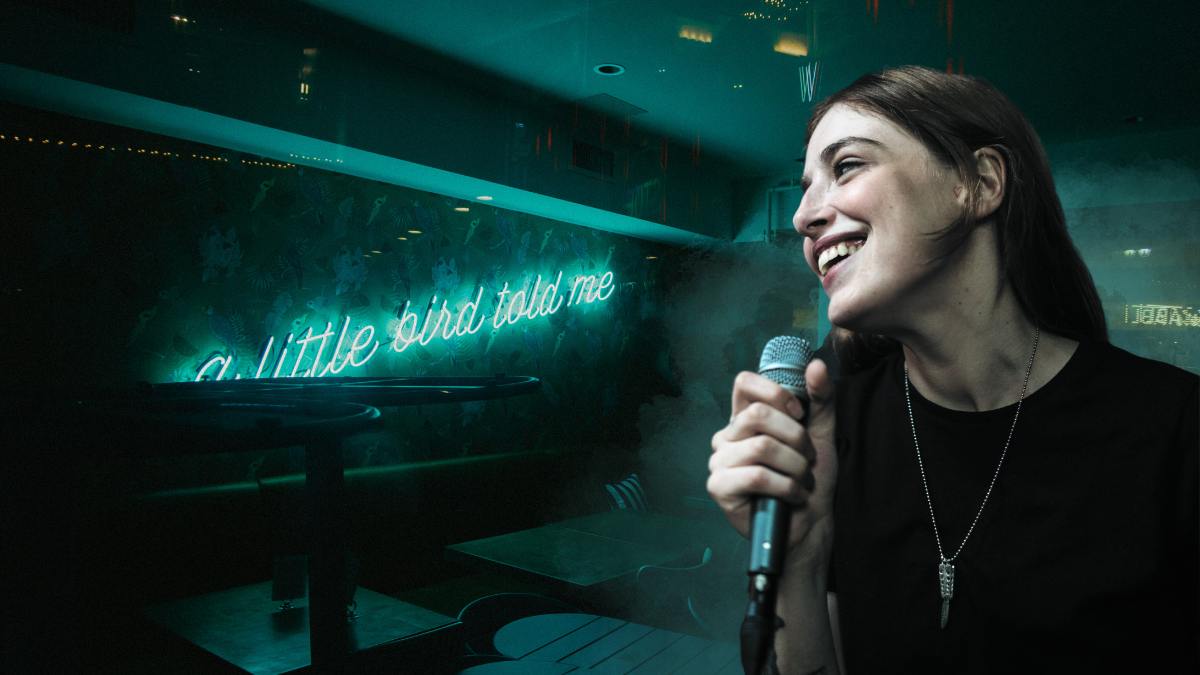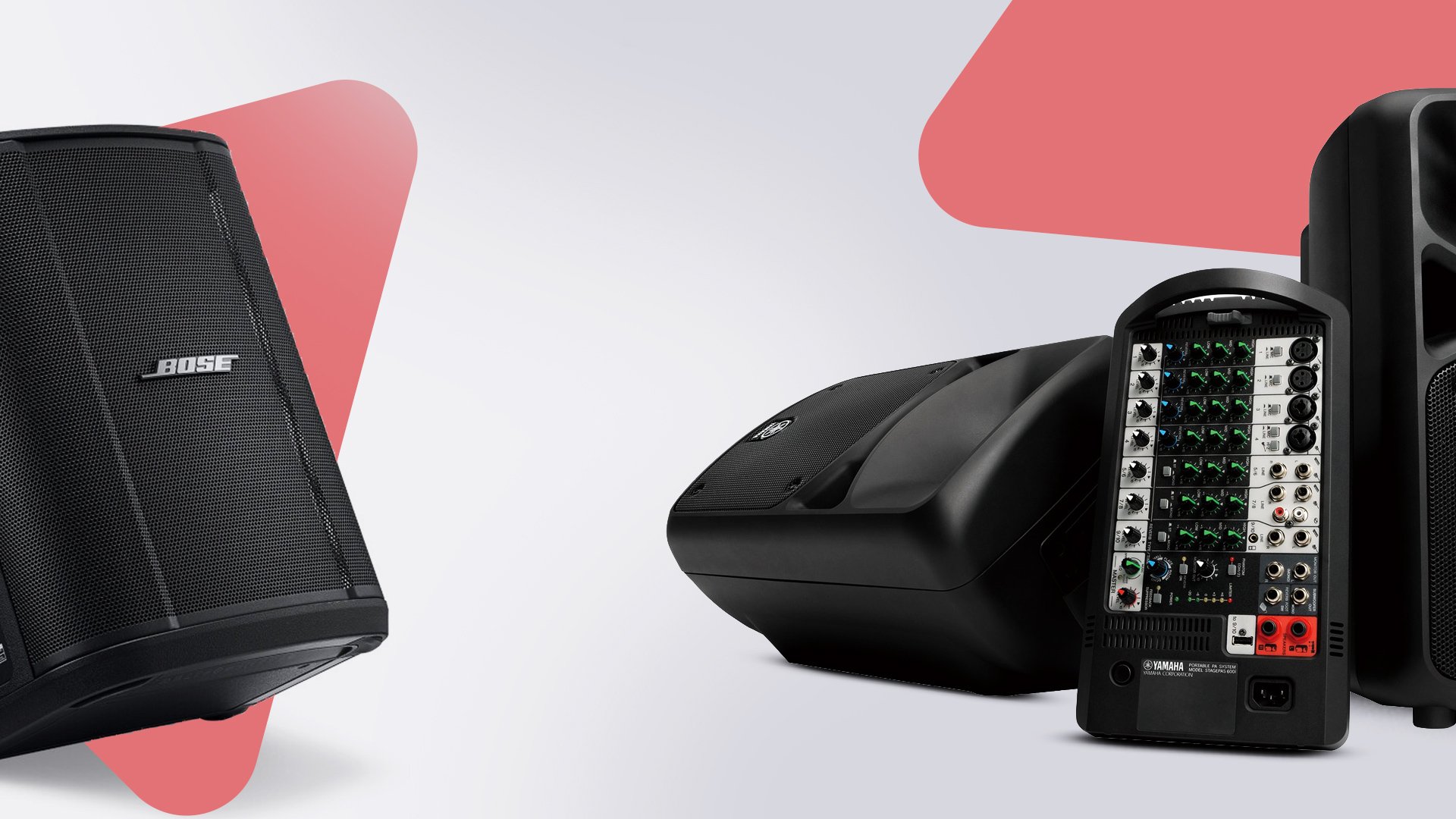How are karaoke tracks made?
In this blog, I delve into the world behind karaoke backgrounds. We receive several dozen karaoke requests weekly, and often the song is expected to be ready to sing by the weekend. Therefore, we thought about opening up the world of karaoke creation a bit more deeply.
Generally about making karaoke
There are two routes for creating 'karaoke versions' of songs: 1) The song is produced from scratch, and 2) The original backing track is used with the vocal track removed. First, we'll focus on point 1, which is the process a song goes through to become a version to be sung upon request.
We'll also discuss later in this article the utilization of the original backing track in karaoke.
Karaoke suggestion
The first task is to determine whether the desired song is available as a ready-made karaoke version from any producer. Feelment's karaoke selection is the most comprehensive in the market, so often a ready version is not found. In this case, the song request is noted on our production list, but we also share requests with our partners, making it more likely for the song to be produced.
Are all requests fulfilled?
The requested songs are at the top of the priority list, and efforts are made to produce as many of them as possible. However, creating a karaoke song incurs costs, and producers expect them to 'pay for themselves.' For each song, it must be considered individually whether it is financially viable to produce it, i.e., how much the song is sung in a certain period. For this reason, some songs cannot be produced.
Our own Feelment karaoke series focuses on producing only karaoke songs that restaurant customers wish for.
Text usage rights
Before producing a song, it must be ensured that we have the necessary rights to create a karaoke version of the song. In karaoke, this means that we need text usage rights (so-called Graphic rights). Graphic rights are required to display lyrics on top of the backing track.
According to the law, information about the song and rights holders (composer, lyricist, and publisher) must always be visible before the start of the song. You may have noticed that even in TV music programs, copyright information is always displayed at the beginning of the song. Without these, it is clear that rights have not been obtained for the karaoke backing track.
Production
When the licenses are in order, and it has been determined that the song is sensible to produce, we get to the main point. The production process of the Feelment series proceeds as follows: first, the song is added to the production queue, which is our and the studio's 'to-do list.' At the studio, producing, mixing, and mastering the song takes approximately 1-2 days, after which the finished backing track is ready for captioning. The captioned song is finally ready for release, and thus, restaurant customers get new songs to sing.
Feelment -karaoke series
The Feelment karaoke series focuses on producing songs that your customers wish for. We noticed that the latest hit songs are produced by every active karaoke producer, so we decided to focus on producing lesser-known but often requested songs ourselves.
How is a karaoke version made from a finished song?
Producing a song in the studio is labor-intensive and costly. For this reason, not all songs can be produced from scratch. Another increasingly common approach is to create a karaoke background from the original backing track of the song.
If the studio files for the song are available, the process is straightforward: simply remove the lead vocal tracks, and most of the work is done. After this, the background tracks are sent for lyrics, and the song is released on Feelment.
Why is it worthwhile to utilize the original backing track in karaoke as well?
In music production, a lot of sound effects are used, and entirely unique sounds are created, making the replication of a song even more laborious. Several genres, such as heavy metal, are also very challenging to replicate cost-effectively, which is why karaoke producers don't often create them.
For instance, in Feelment's production, karaoke versions of songs by Stam1na and Mokoma use the original backing tracks.
Three reasons to make a karaoke version of your own song
1. The background has already been created, and by removing the lead vocal track, it becomes suitable for karaoke.
2. With karaoke, you engage your audience and promote your music.
3. You easily generate additional income. The more songs available, the more singing sessions, resulting in larger payouts. At Feelment, we provide you with earnings for every sung song.
Contracts
When producing a karaoke track from the original song, in addition to obtaining the lyric usage rights, a contract for the use of the backing track is required. The permissions are always granted by the lyricist and composer or publisher, if applicable.
Royalties
Compared to streaming services, the royalties from karaoke backgrounds are multiple times higher and are distributed fairly, based on actual usage. Compensation is paid for each sung song.
Share this
You may also like
These related stories.

5 ways to offer Karaoke in Your restaurant 🎤

Sound equipment for karaoke gigs.🎤

